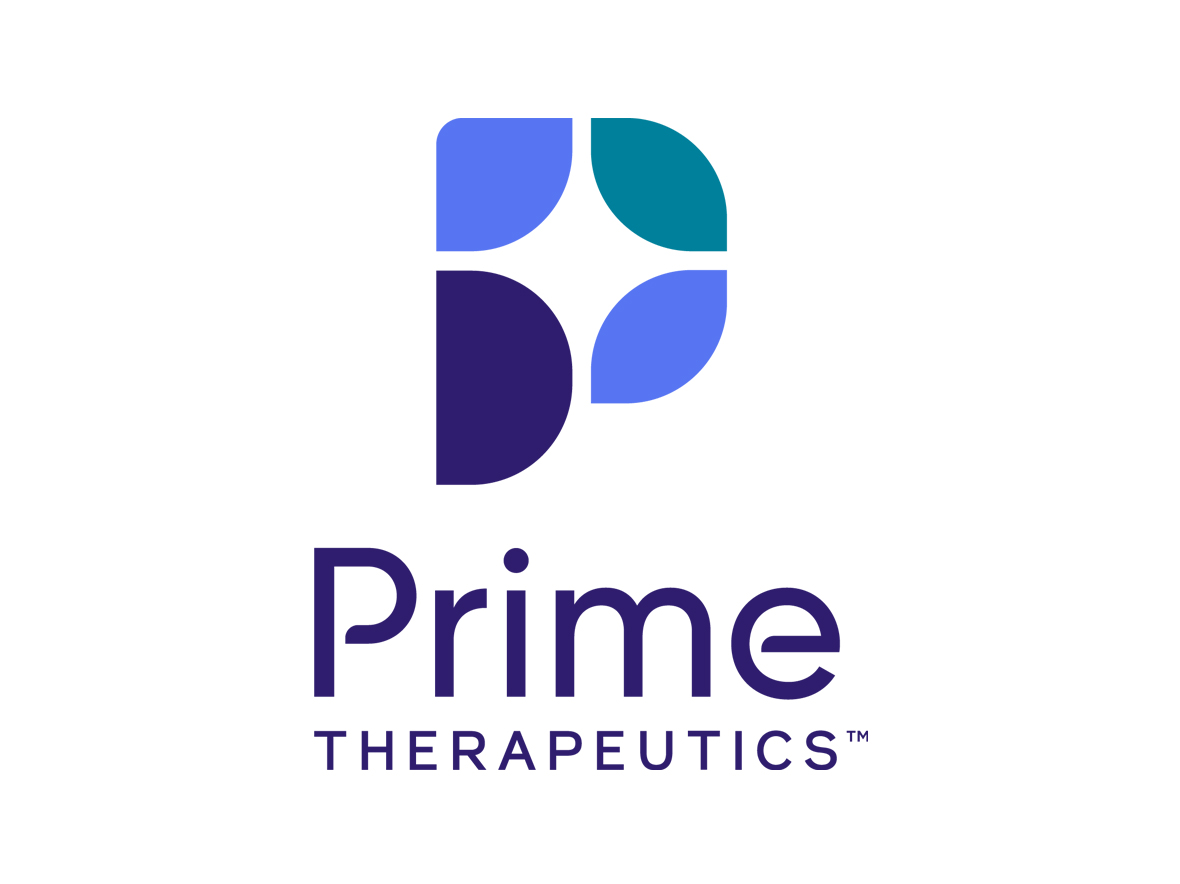Rising cancer rates in younger adults — what health care payers need to know - Prime Therapeutics
Rising cancer rates in younger adults — what health care payers need to know
New Oncology Trends webinar from Prime Therapeutics unpacks shifting cancer demographics, rising survivorship and managed care implications

According to the American Cancer Society, younger adults were the only age group to experience an increase in overall cancer incidence between 1995 and 2020. The rate rose by 1% to 2% annually during that period. That’s why Prime Therapeutics (Prime) is diving into clinical insights to help health care payers address this critical issue.
Prime’s new Oncology Trends webinar series explores trending topics and offers valuable perspectives to help shape actionable strategies in the managed care space. Its inaugural episode, The Rising Incidence of Cancer in Younger Populations and the Implications for Health Plans, sheds light on a growing public health concern — the increasing rates of cancer among individuals under 50 years of age, particularly women.
Featuring Prime’s own Abby Kim, PharmD, BCOP, senior principal clinical oncology pharmacist, and Victoria Facchini, PharmD, director, specialty clinical solutions, this timely session draws from the latest research and expert insights, covering:
- An evolving cancer landscape. Advances in precision medicine, immunotherapy and gene editing are transforming treatment, yet early-onset cancer rates are climbing.
- Data-driven insights. Recent studies show significant increases in cancers such as colorectal, breast, uterine and kidney among a few groups of younger people.
- Contributing factors to early detection. Suspected drivers of increased diagnoses include lifestyle changes, genetic predispositions and improved screening methods.
- The unique challenges for younger patients.
- Higher lifetime treatment costs
- Disruption to education, employment and family life
- Insurance transitions and underinsurance
- Emotional and psychosocial burdens
- The implications for managed care.
- Rising oncology spend across commercial and Medicaid populations
- Importance of early detection — catching cancer one stage earlier can reduce costs by approximately $50,000 per year and triple survival rates1
Need for tailored benefits, including oncofertility counseling and survivorship care
Strategic recommendations for payers
Prime works with its payer clients to mitigate downstream impacts by advising on the following actionable strategies:
- Alignment of screening policies with evolving guidelines
- Investment in data analytics and artificial intelligence (AI) for early risk identification
Support including patient navigation and survivorship programs
The rising incidence of cancer in younger adults demands a proactive, data-informed response from payers. Prevention, early detection and personalized support are key to managing costs and improving outcomes.
Watch the webinar and explore actionable strategies
References
- How Cancer Screenings Helped Save the U.S. $6.5 Trillion: A Case for Early Detection. https://udshealth.com/blog/cancer-screening-early-detection-saves-costs/. Accessed Aug. 14, 2025.
About Prime Therapeutics

Prime Therapeutics LLC (Prime) is a diversified pharmacy solutions organization. We offer innovative pharmacy benefit management, specialty and medical drug management, and state government solutions to millions of people across the country. At Prime, we’re reimagining pharmacy solutions to provide the care we’d want for our loved ones. We challenge the way it’s always been done to develop intelligently designed solutions that deliver savings, simplicity and support to help people achieve better health. For more information, visit us at PrimeTherapeutics.com or follow us on LinkedIn.
